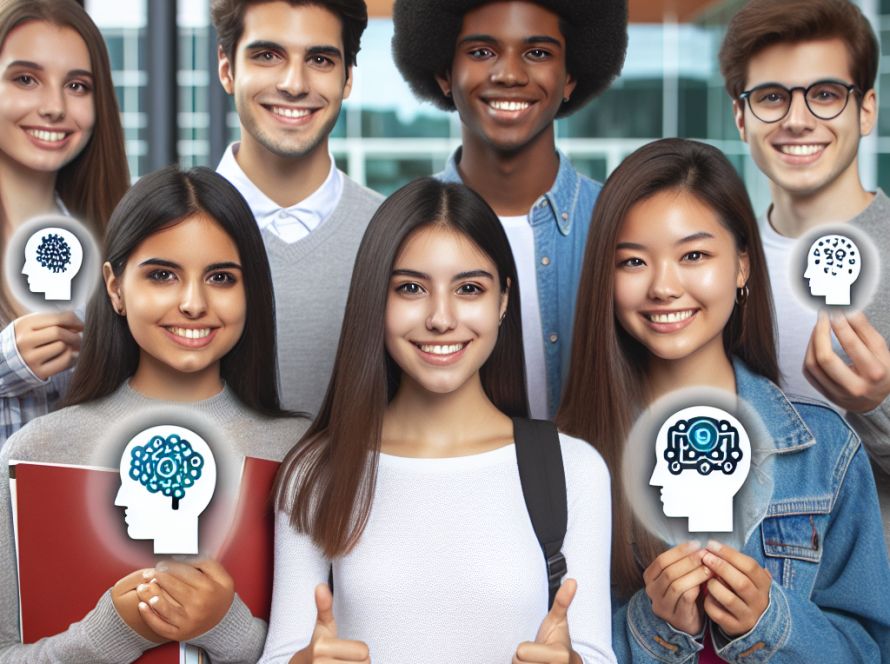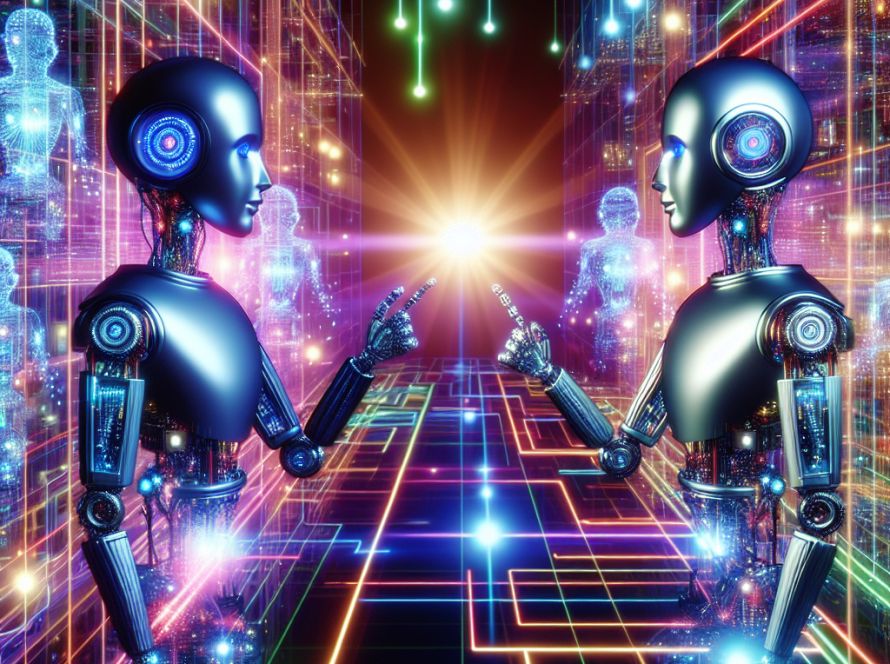ChatGPT, a sophisticated conversational AI developed by OpenAI, has garnished significant attention due to its potential implications on the future workforce. With AI technologies becoming increasingly integrated across various sectors, they are projected to transform many job roles, necessitating new skill sets and competencies from employees.
An in-depth study was carried out using Twitter data to ascertain tasks users ask ChatGPT to carry out, and these were then appraised with a standardized skills taxonomy known as ESCO (European Skills, Competencies, and Occupations). The analysis established that ChatGPT impacts a wide array of 185 distinct skills underscoring the diverse applications this AI technology has in an array of industries.
Despite some concerns about the ethical implications and potential inaccuracies of ChatGPT’s responses, public sentiment regarding its impact on these skills is predominantly positive. People generally view ChatGPT as an enabling resource rather than a danger to their employment.
The study identified four pivotal skills for interacting with and leveraging ChatGPT effectively. These are: prompt engineering – formulating prompts effectively to get desired responses; critical evaluation of AI outputs – the capacity to assess the accuracy and relevance of AI outputs; collaborative interaction with AI – the ability to synergize with AI for optimal results; continuous learning about AI capabilities and limitations – continually updating knowledge to harness AI potential and guard against its weaknesses fully.
The future implications of ChatGPT and similar AI technologies extend beyond individual skills to societal and economic transformation. Hence there’s a need for future research to explore more deeply the viability of these technologies across varying sectors, their long-term effects on jobs, and how public perception evolves.
Overall, AI advancements, such as ML, NLP and generative models like GPT-3, have reshaped job roles and increased the demand for new skill sets, with tools like ChatGPT spearheading applications across various sectors.
A study also detailed the interaction model between users and AI systems. Users define a task based on their expectations, communicate this through prompts to the AI, which processes these and circulates textual responses. Users then evaluate these responses, adjusting their prompts and expectations in a feedback loop, hence recognizing the impact AI has on human skills.
Finally, the study encourages a forward-thinking approach in the era of ChatGPT and generative AI, emphasizing responsible deployment and skill development for users to maximize benefits and mitigate potential risks. A comprehensive understanding of AI capabilities and limitations is deemed crucial for harnessing its full potential in societal development and sustainable innovation.


